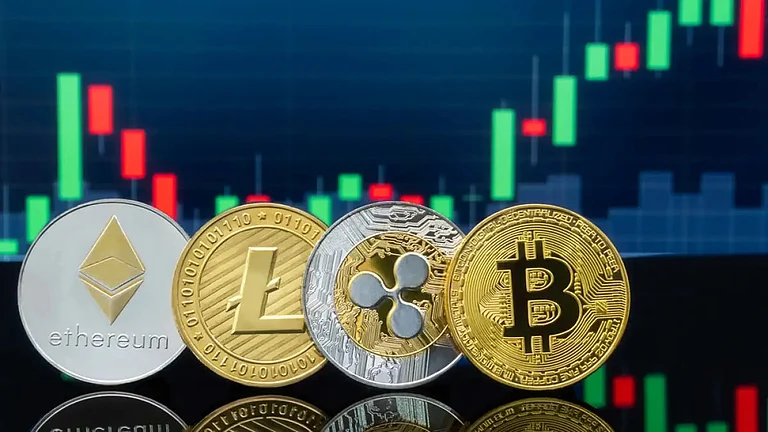Google Cloud has launched its Blockchain Remote Procedure Call (RPC) service, which is intended to further the performance of Blockchain-based decentralised applications (DApps) by making it easier for developers to access Blockchain data.
According to a blog post written on September 17, 2024, Google has released the RPC service in support of Ethereum’s mainnet and testnet, while promising to add more Blockchains later.
The RPC Blockchain service is free, and in its start-up, they received up to 100 calls requests per second and one million requests per day. It supports Ethereum’s EIP-1474 and is fully compatible with Ethereum’s JSON-RPC, so it’s not a rugged fit for developers looking to integrate into their DApps built on top of Ethereum.
RPCs are among the most vital communication protocols through which one program requests another to use various capacity networks. However, this reliability problem of RPC is associated with Blockchain networks when the traffic becomes high, which significantly slows down DApps.
Google Cloud plans to solve the kind of problem with a more reliable service of RPC. Incidentally, in April this year, Google Cloud launched a Web 3.0 portal for developers, largely panned for its interface and extremely sparse coverage of Blockchains.
Republican Lawmakers Seek SEC Chair Gensler to Clarify Crypto Airdrop Classification
Two Republican lawmakers, Tom Emmer and Patrick McHenry have called for US Securities and Exchange Commission (SEC) Chair Gary Gensler to clarify his agency’s stance on the classification of crypto airdrops.
In a letter to Gensler on September 17, 2024, the lawmakers raised questions about the SEC’s new position on airdrops in recent cases against individuals who relied on them, including its case against Hydrogen Technology in 2022 and the lawsuit filed against TRON founder Justin Sun for unregistered airdrops of crypto assets late last year.
According to Emmer and McHenry, this approach by the SEC has the possibility of neutralising the development of Blockchain technology in the US in case of wrong application of securities laws.
According to them, the SEC is preventing Americans from reaping the benefits the airdrops bring, often used for fundraising and decentralisation efforts.
The lawmakers asked Gensler to respond by September 30, questioning how airdrops fit into the so-called Howey Test, how they differ from other rewards-most often credit card points-and what the economic consequences would be of labelling airdrops as securities.
It’s the second time this week that House Republicans have criticised Gensler for politicized hiring practices at the SEC. The SEC hasn’t responded to the letter.
Crypto Market In South Korea On A Roll As Korea Premium Index Gained
The crypto market in South Korea is South Korea is seeing an effecting change with the Korea Premium Index showing gains in the recent days. The Korea Premium Index compares the average differences in prices between the cryptocurrencies like Bitcoins and Ethers traded at South Korean exchanges with the rest of the world.
According to Chainalysis, it is the local demand, institutional trading, and unique market conditions that is pushing the prices of cryptocurrencies on local exchanges above the global averages.
This sharp rise of the Korea Premium Index further shows that South Korean traders are exchanging the digital assets at higher prices, mostly during uncertain times. This has attracted the attention of both retail and institutional investors who seem to take advantage of these price imbalances.
Institutional investors are pumping the Korea Premium Index, because if their giant trades are pushing the index higher, most probably it is because of arbitrage entry from buying in lower crypto prices in global exchanges and selling at a premium in South Korea.













